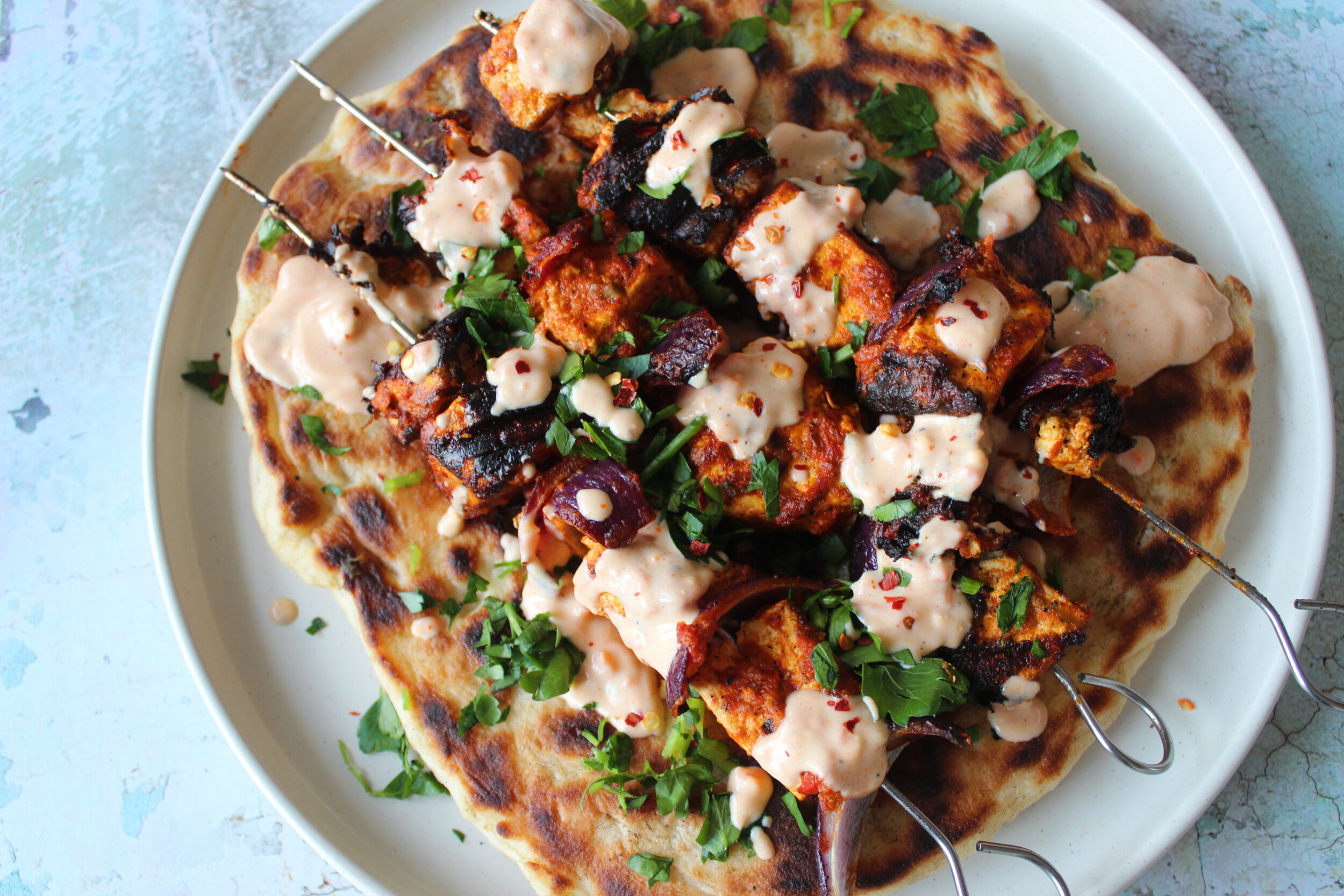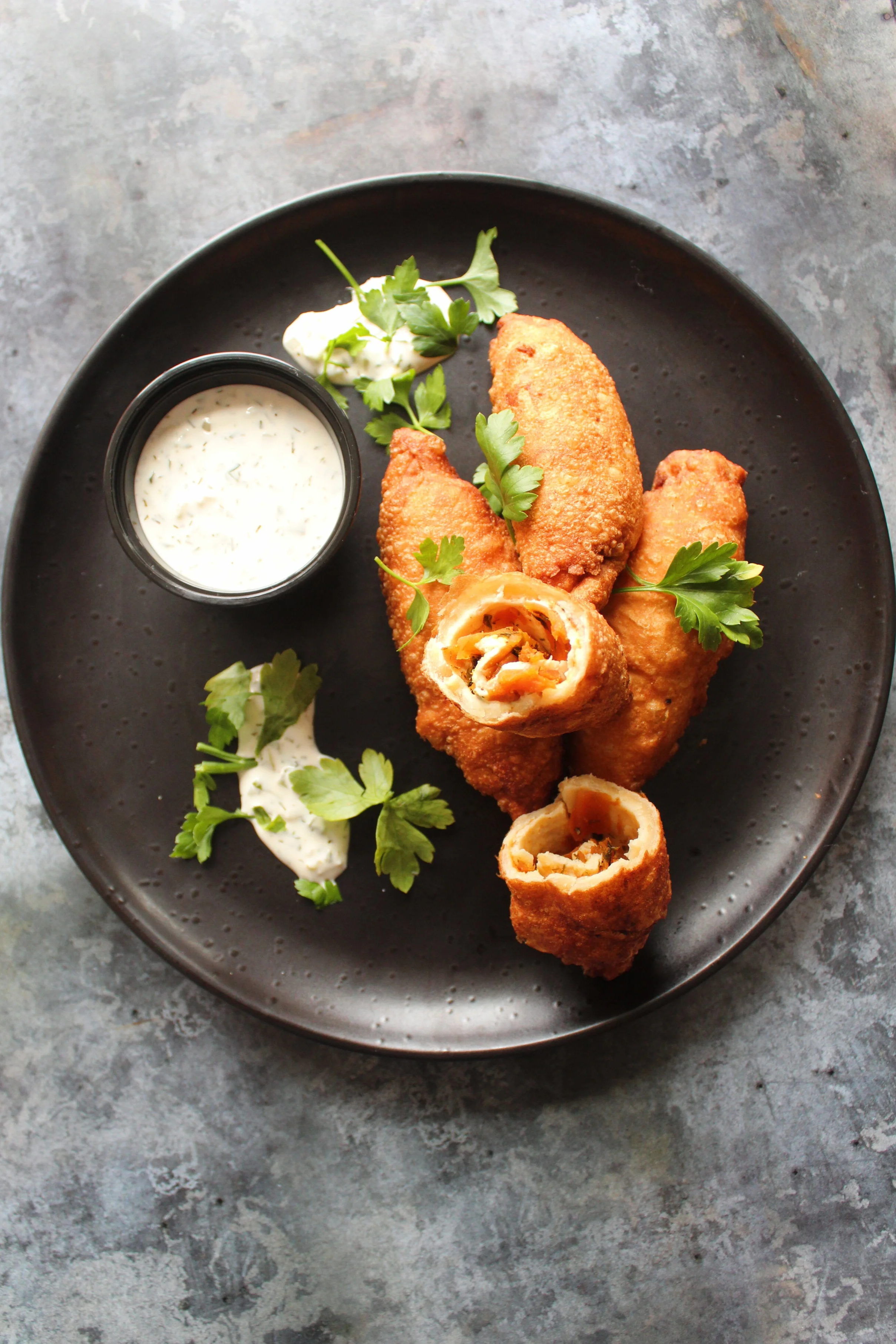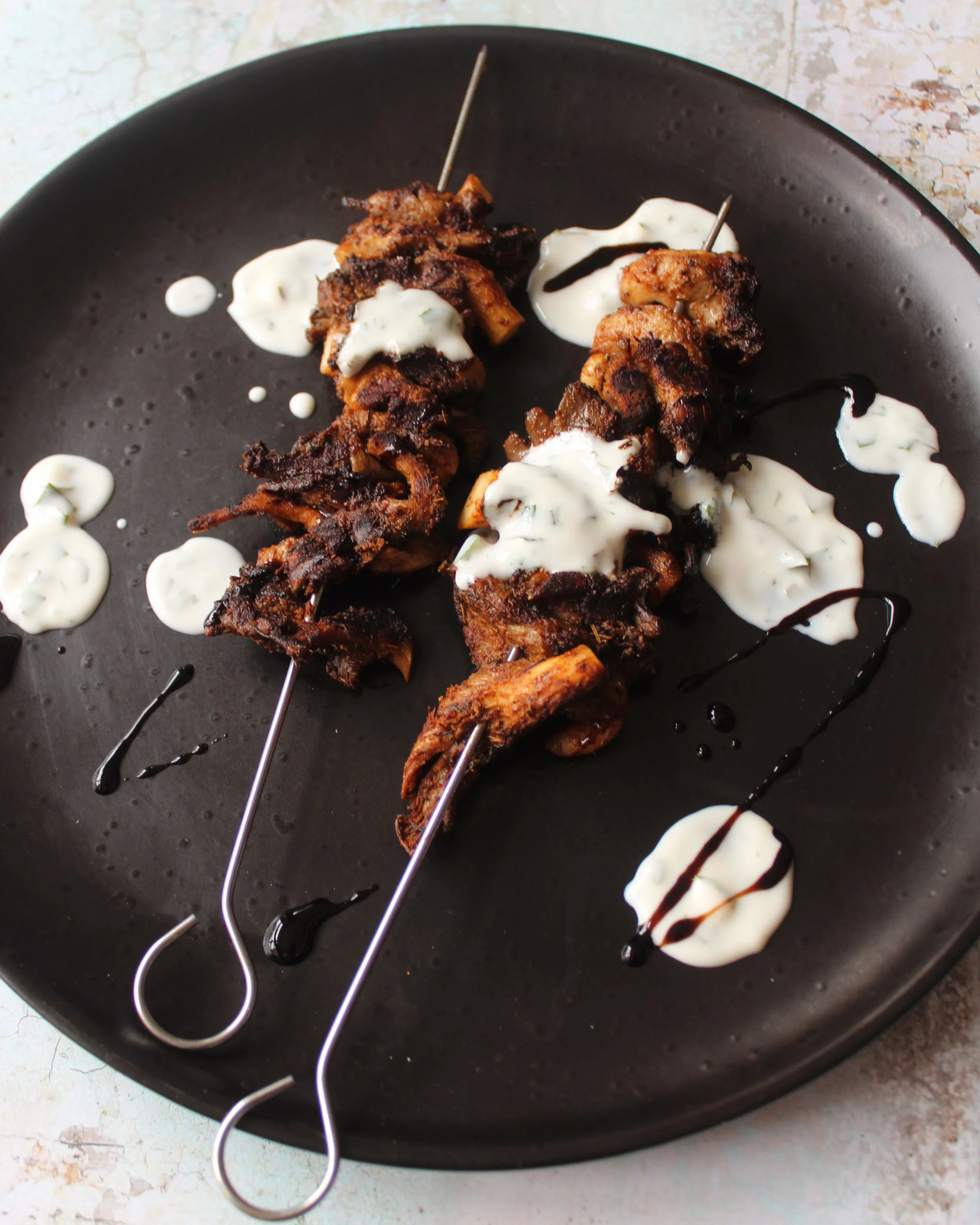How to Make West African Food Vegan Friendly
West African food is packed full of flavour, so it’s no surprise that more people want to try it. Vegans are no exception – and West African cuisine lends itself really well to a plant-based diet.
Below, we’ll explain why that’s the case and look at seven swaps we love for dishes that usually contain animal products.
Why West African food is great for vegans!
You might already know this, but a lot of traditional West African dishes are naturally vegan.
With limited access to refrigeration and a general shortage of animal produce, meat and dairy have historically been reserved for special occasions. Of course, those issues are less prevalent nowadays. But it still means that many traditional recipes are plant-based as a result – with meat and dairy treated as an added extra.
As a result, you’ll find plenty of delicious West African dishes that rely on beans and pulses for protein. For example:
7 simple swaps for vegan West African food
Of course, no cuisine is completely free from meat and dairy. As you delve deeper into the glorious world of West African food, you’ll undoubtedly come across some recipes featuring different meats, butter or eggs.
Below, we’ll run through some of our favourite vegan swaps that we’ve tried and tested over the years….
1. Tofu supremacy
We’ll start with the obvious swap – tofu. It’s loved around the world for its versatility and nutritional punch. Made from soybeans, tofu is naturally high in protein, low in saturated fat and cholesterol free. Best of all, it has a neutral flavour that can take on the taste of any marinade, sauce or seasoning.
We’ve used tofu as a meat replacement in countless dishes, such as our tofu piri piri “chicken” and roasted sprouts with tofu bacon. Looking specifically at West African food, tofu is a great added extra in groundnut stew – which might traditionally have chicken, goat, lamb or beef added to it for special occasions.
2. Jackfruit for pulled “meats”
Another popular meat alternative is jackfruit, which is a large, sustainable fruit that mimics pulled pork particularly well. It’s a good swap for other shredded or pulled textures too, such as shredded chicken, beef or goat. Just be sure that it’s well cooked down to better take on the flavour profile you’re aiming for – otherwise it can have an overly floral taste.
In terms of West African cuisine, jackfruit is a good replacement for the shredded beef in dambu nama – a suya-style dish that traditionally involves boiling beef until tender, shredding then frying it with spices. To see how jackfruit is used to replace the beef, check out this handy video from Nigerian Vegan Kitchen:
3. Soya chunks – cheap and convenient
Soya chunks are another meat alternative that’s cheaper and less labour-intensive than tofu. They’re made from defatted soy flour – which is what’s left over when soybean oil is extracted. The result is high in protein, low in fat and has a chewy, quite meaty texture when cooked. You can usually buy these dried in Asian supermarkets or online.
A great example of soya chunks used in West African cooking is Eat with Afia’s Peppered “Goat” recipe. The soya chunks are soaked in a tasty marinade for an hour, fried off with onions, then combined with a sweet and spicy pepper base.
4. A tip for seafood flavours
You might have heard of banana blossom as a vegan fish substitute due to its flaky layers that resemble the texture. However, for that sought-after taste of the sea, we recommend seaweed. This versatile ingredient can be added in different ways to replicate a fishy flavour – whether it’s wrapped around tofu or used as part of a carrot “gravlax”.
If you haven’t heard of gravlax before, it’s a Scandinavian dish made from raw salmon cured with salt, sugar and dill. We’ve made it plant-based in our gravlax “fish” roll recipe, which veganises a popular West African street food from Cameroon, Nigeria and Ghana. The recipe uses seaweed in the form of nori sheets, which are shred into pieces and mixed with carrots and lots of flavourings.
5. Don’t forget meaty mushrooms!
Lots of plant products have cropped up over the years, which focus solely on replacing meat. But let’s not forget the meaty texture offered by mushrooms, which are a great ingredient in their own right – not just as a substitute.
Our oyster kebab recipe is a great example of vegan West African food – offering the sought-after suya flavour without the meat of the shish kebab. The mushrooms are marinated for between one hour and one day, before being grilled on skewers and coated in a sweet soy glaze.
Oyster mushrooms are excellent flavour carriers, which maintain a chewy, meat-like texture after cooking. However, portobello, chestnut and even button mushrooms can rival them for flavour and texture!
6. How do you replace eggs?
Of course, it’s not just meat you’ll want to replace. Eggs are a common ingredient for their flavour, texture and ability to bind ingredients together.
Aquafaba is a vegan swap we can vouch for when it comes to baking or adding a body to dressings. However, if you want an “eggy” taste, we’ve found that black salt (kala namak) is the best option.
It combines with tofu very well to achieve an eggy texture and flavour. If you want to see it in action, check out Vegan Nigerian’s “egg” stew recipe.
7. Which butter alternative is best?
Last but not least there’s butter, which you’ll find in lots of West African breads, pastries and other recipes. You might see coconut oil recommended as a popular alternative. However, we’ve played around with it in various capacities and found that it just doesn’t fit the bill.
There are lots of options available nowadays, but our go-to butter alternative for cooking and baking is the Flora Plant Butter block that you can get from most supermarkets.
Here for all your Vegan West African food needs
At Gwafuvegan, we’re passionate about making vegan West African food accessible to everyone. As well as recipes and tips, we offer vegan catering services for events throughout the North West, plus vegan cooking classes for organisations throughout Greater Manchester.
Contact us today on info@gwafuvegan.com to discuss your needs and get a free quote.
Also – a quick shout out to Vegan Nigerian and Eat with Afia, which are great resources for plant-based West African recipes and inspiration!




